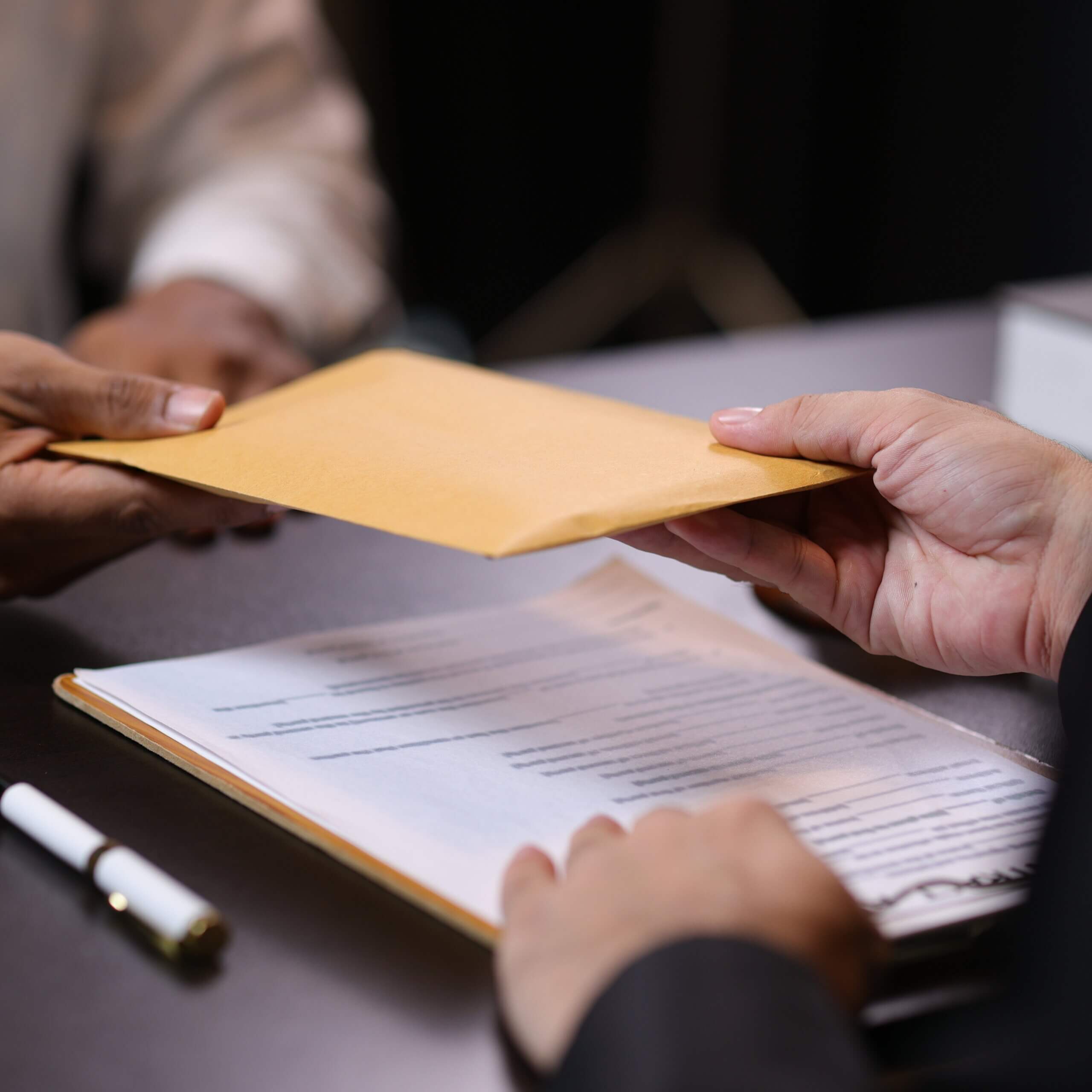
International Due Diligence: Obtaining Corporate Information and Common Challenges
Public record due diligence involves gathering information from various public sources and analyzing that information to support the decision-making process. In the modern world, businesses operate internationally, necessitating a tailored approach to mitigate risks across jurisdictions.
What this is: Due diligence is crucial in business, helping to assess risks and make informed decisions about a target company or a group involved in certain commercial transactions. Public record due diligence involves gathering information from various public sources and analyzing that information to support their decision-making process.
What this means: In the modern world, businesses operate internationally, necessitating a tailored approach to mitigate risks across jurisdictions.
Public Record Due Diligence: Sources of Information
The due diligence process is a critical step in many business contexts, particularly in mergers and acquisitions, venture capital, private equity, real estate transactions and corporate partnerships. Its importance stems from its role in helping the parties involved in a transaction assess risks, uncover hidden issues and make informed decisions. Public record due diligence involves researching and gathering information from publicly available sources to assess risks, validate information and gain insights into a company, individual or asset.
Public record due diligence often involves examining a wide range of public records, including legal documents, court records, financial filings, regulatory reports, etc., as detailed below:
Corporate Records
Reviewing corporate records helps establish the legal existence and structure of a business entity. This may include checking business registration, articles of incorporation, bylaws, shareholder agreements and annual reports. This process ensures that the company is in good standing and compliant with corporate governance requirements.
Financial Filings
In the US, publicly listed companies are required to file financial reports with regulatory bodies like the Securities and Exchange Commission. Analyzing these filings (e.g., 10-K, 10-Q, 8-K or annual reports) can provide insights into a company’s financial health, profitability, cash flow and liabilities. It also helps identify any significant financial risks or irregularities. Internationally, many countries require even private limited companies to file their financial statements with the corporate registry.
Legal and Court Records
Reviewing legal and court records can reveal litigation history, pending lawsuits, judgments, bankruptcies or liens. This step is crucial for assessing legal risks and understanding a company’s exposure to litigation or financial claims.
Regulatory Filings and Compliance
Depending on the industry, companies may be subject to specific regulatory requirements. Examining regulatory filings and reports from bodies like the Environmental Protection Agency, Occupational Safety and Health Administration or industry-specific regulators can help assess compliance with regulations and identify any violations or penalties.
Intellectual Property Records
Searching patent, trademark and copyright databases can provide information on a company’s intellectual property (IP) portfolio. This step helps assess the value and strength of the company’s IP assets and identifies any potential disputes or infringement issues.
Real Estate and Property Records
For real estate due diligence, examining property records, deeds, title searches, zoning information and environmental assessments is crucial. This helps validate property ownership, assess any encumbrances or restrictions and understand local zoning regulations.
Public Safety and Environmental Records
Checking public safety and environmental records can reveal any safety violations, environmental hazards or compliance issues. This is particularly important in industries with high environmental and safety risks. This is a very technical assessment and should be entrusted with experts in the industry.
We take the mystery out of doing business in other countries with a single point of contact. Take a look at our list of International Corporate Services.
The International Due Diligence Process and its Biggest Challenges
In the current globalized environment, companies often have business interests outside of their domestic jurisdictions of incorporation. For instance, many companies have subsidiaries or branches or investments outside the US. Therefore, the risks for a US company are not limited to its activities in the country. Rather, they extend to all jurisdictions that it operates in, and the due diligence process needs to cater to this expanded scope. However, it is important to not only expand the scope but also customize it to the type of business and the complexity of the foreign jurisdictions it will cover.
Here are some of the challenges that an international due diligence process must address:
Legal and Regulatory Differences
Different countries have different legal systems, regulatory frameworks and compliance requirements. Understanding and navigating these differences requires specialized legal expertise and localized knowledge. This can impact the ability to assess compliance, identify legal risks and ensure the legitimacy of transactions.
Language and Cultural Barriers
Language differences can complicate the due diligence process, requiring translation of documents and effective communication with local stakeholders. Cultural differences can also affect how information is presented, understood and negotiated. Misunderstandings or misinterpretations can lead to errors in the due diligence process.
Data Accessibility and Reliability
Access to accurate and reliable data can be challenging in some international contexts. This includes obtaining financial records, legal documents or business performance metrics. Some jurisdictions have less transparency or lack robust systems for maintaining records, complicating the validation of information.
Local Business Practices and Norms
Business practices vary across cultures, and what is considered acceptable in one country may not be in another. This can include practices related to corporate governance, employee relations, environmental standards and even corruption or bribery. Understanding these practices is crucial for assessing risks and ensuring compliance with international regulations, such as the Foreign Corrupt Practices Act or the UK Bribery Act.
Geopolitical and Economic Risks
International due diligence must account for geopolitical risks, such as political instability, government changes or trade tensions, which can affect business operations and future prospects. Economic risks, including currency fluctuations, inflation or economic downturns, can also impact the valuation of international assets or companies.
Time Zones and Logistical Complexity
Coordinating due diligence activities across different time zones can be challenging, leading to delays and communication issues. Additionally, travel restrictions (especially in the context of global health crises like the COVID-19 pandemic) can make on-site inspections and face-to-face meetings difficult.
Intellectual Property and Data Protection
IP rights and data protection laws vary by country. Ensuring compliance with these regulations, especially regarding data privacy and security, is critical. Different jurisdictions may have varying levels of protection for IP, impacting the assessment of risks and opportunities.
This content is provided for informational purposes only and should not be considered, or relied upon, as legal advice.



Leave Us A Comment
Did you find this article useful? We'd love to hear your thoughts. Join the conversation by leaving a comment or question below.